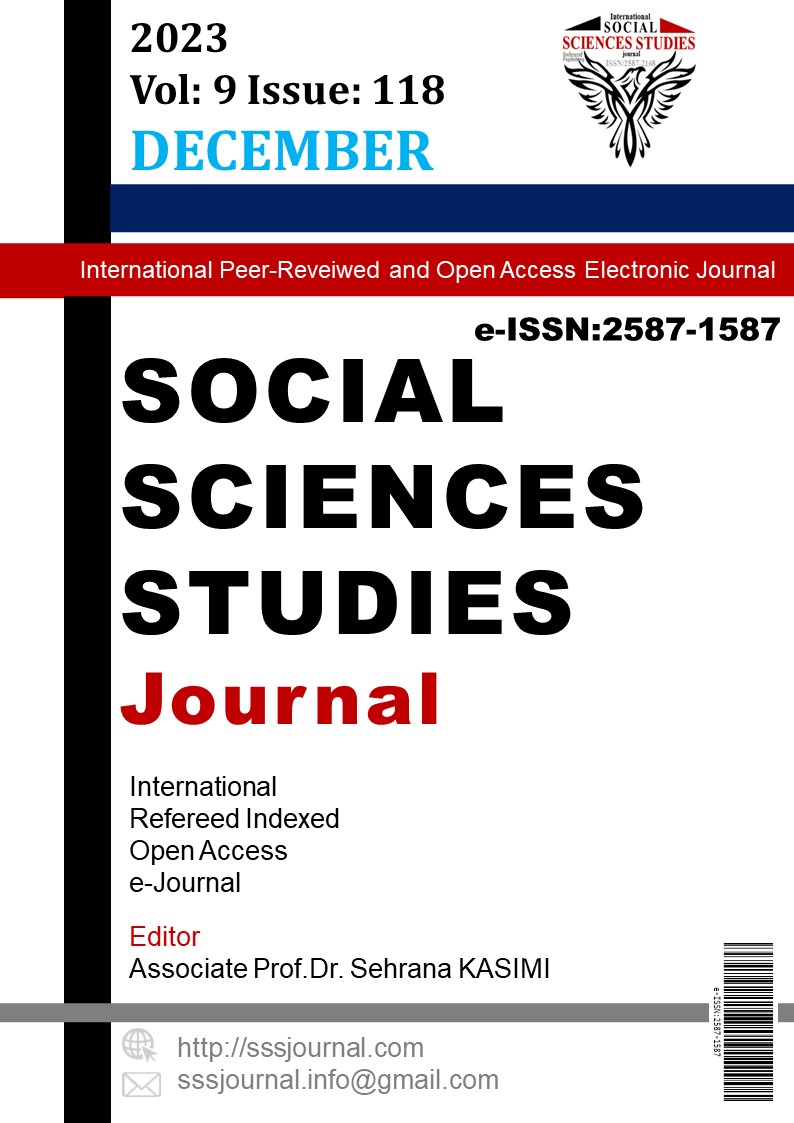Author :
Abstract
Aim: This study aims to evaluate the relationship between sleep quality, overall psychological states, and levels of depressive symptoms among the nurses working in a district state hospital.
Methods: The study was conducted among 109 nurses working in the district state hospital. Data were collected using a socio-demographic information form prepared by the researchers, along with the "Pittsburgh Sleep Quality Index (PSQI)", "Brief Symptom Inventory (BSI)", and "Beck Depression Inventory (BDI)". Kruskal Wallis, Shapiro Wilk, Mann Whitney U, Allpairwise, and Spearman correlation tests were used in the analysis of the data.
Results: The mean age of the nurses participating in the study was found to be 31.17 ± 8.165. 58.7% (n=58) of the nurses were married, and 59.6% (n=65) were working in units other than internal and surgical departments. 54 of the nurses participating in the study evaluated their sleep quality as "quite poor". A weak positive significant correlation was found between PSQI and the BSI Anxiety subscale, the BSI Depression subscale, the BSI Negative Self subscale, the BSI Somatization subscale, and the BSI Hostility subscale (p<0.05). When the relationship between PSQI total and BDI was examined, a weak significant positive correlation was found (p<0.05).
Conclusion: As the sleep quality of the nurses decreases, it was determined that this leads to deterioration in their overall mental states and an increase in the levels of depressive symptoms.
Keywords
Abstract
Aim: This study aims to evaluate the relationship between sleep quality, overall psychological states, and levels of depressive symptoms among the nurses working in a district state hospital.
Methods: The study was conducted among 109 nurses working in the district state hospital. Data were collected using a socio-demographic information form prepared by the researchers, along with the "Pittsburgh Sleep Quality Index (PSQI)", "Brief Symptom Inventory (BSI)", and "Beck Depression Inventory (BDI)". Kruskal Wallis, Shapiro Wilk, Mann Whitney U, Allpairwise, and Spearman correlation tests were used in the analysis of the data.
Results: The mean age of the nurses participating in the study was found to be 31.17 ± 8.165. 58.7% (n=58) of the nurses were married, and 59.6% (n=65) were working in units other than internal and surgical departments. 54 of the nurses participating in the study evaluated their sleep quality as "quite poor". A weak positive significant correlation was found between PSQI and the BSI Anxiety subscale, the BSI Depression subscale, the BSI Negative Self subscale, the BSI Somatization subscale, and the BSI Hostility subscale (p<0.05). When the relationship between PSQI total and BDI was examined, a weak significant positive correlation was found (p<0.05).
Conclusion: As the sleep quality of the nurses decreases, it was determined that this leads to deterioration in their overall mental states and an increase in the levels of depressive symptoms.





